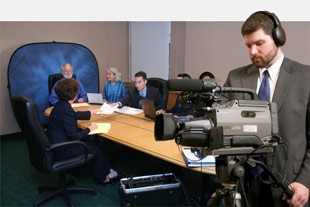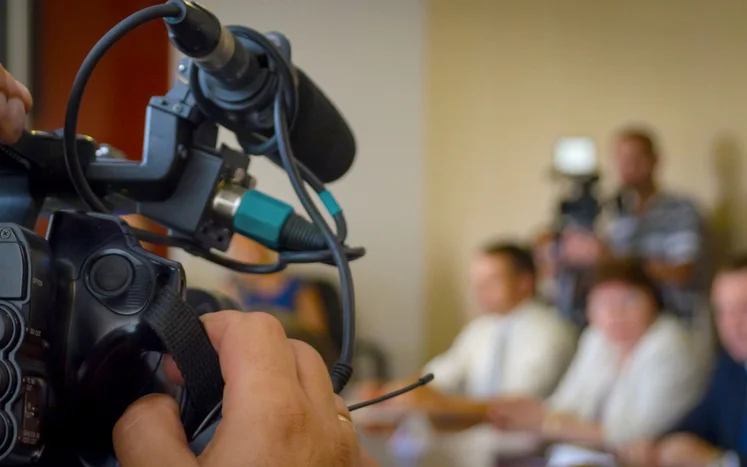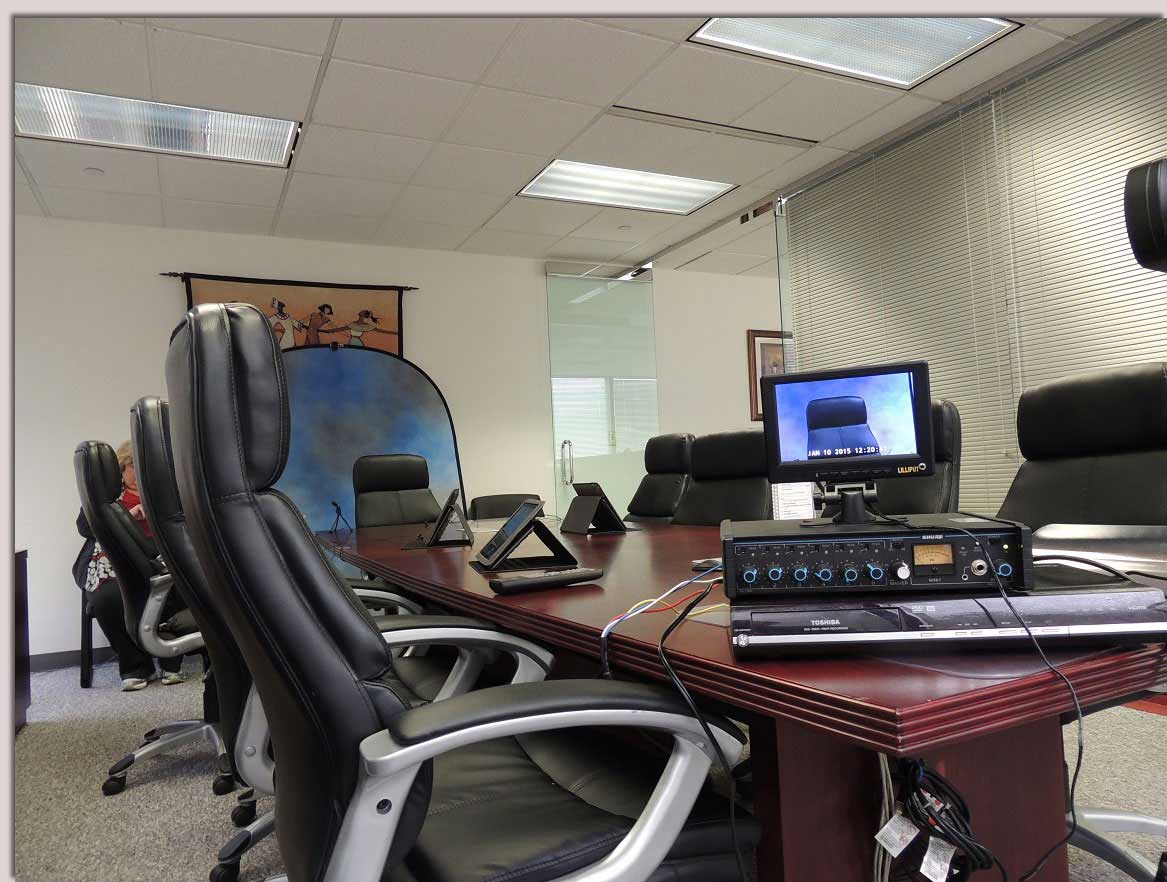The Duty of Lawful Videography in Depositions and Trials
Legal videography has arised as a vital device in both depositions and tests, supplying a multifaceted strategy to documenting witness statements. By catching not just the spoken word however likewise the subtleties of non-verbal communication, this tool boosts the credibility of testaments and preserves critical proof for future process. As lawyers significantly acknowledge its worth, it motivates a much deeper examination of exactly how these visual records can affect juror assumptions and trial outcomes. What effects might these developments hold for the future of legal practice?
Significance of Lawful Videography
Legal videography plays a crucial duty in the documentation and presentation of depositions and trials. This customized area integrates technological abilities with legal understanding to produce a dependable document of proceedings that can significantly affect situation results. The appearance of legal videography enhances the understanding of witness testament, allowing jurors and courts to observe not just the spoken words however likewise the attitude, emotions, and body language of the witnesses.

The importance of lawful videography prolongs past the court room; it likewise plays a crucial function in maintaining proof for future recommendation, whether for charms or further legal activity. Therefore, its integration right into the lawful process is crucial for making certain a reasonable and accurate depiction of the realities, eventually adding to the quest of justice.

Refine of Legal Videography
While recording the subtleties of depositions and trials, the process of lawful videography involves several crucial steps that make certain top quality, precise recordings. Originally, a professional legal videographer prepares by evaluating the situation products and recognizing the specific requirements of the deposition or trial. This preparation includes familiarizing themselves with the participants and the context, which helps in catching essential information.
On the day of the recording, the videographer sets up the required devices, which normally consists of high-definition cams, microphones, and appropriate illumination. Making sure ideal angles and sound high quality is important, as it straight impacts the effectiveness of the recording. The videographer communicates with lawyers and individuals to establish procedures, guaranteeing that everyone understands the recording procedure.
Throughout the deposition or trial, the videographer carefully records the proceedings, paying close focus to both verbal and non-verbal cues. legal videography. This includes recording the attitude and reactions of witnesses and attorneys. After the session ends, the videographer might edit the footage for quality and compliance with legal standards, creating an end product that precisely reflects the process for future recommendation and use in lawful contexts
Advantages in Depositions
The consolidation of videography in depositions provides numerous benefits that improve the total procedure of gathering proof. One primary benefit is the ability to record witness testimonies with aesthetic and auditory integrity, offering an extra exact representation of the witness's disposition, tone, and body movement. This multidimensional technique allows lawyers and juries to examine integrity better than standard written records alone.
Furthermore, videographed depositions work as a powerful device for preserving testament. Should a witness ended up being unavailable for trial, their videotaped deposition can be played in court, guaranteeing that their proof remains available and appropriate. This facet substantially lowers the risk of shedding crucial info that can impact situation outcomes.
Moreover, using legal videography promotes far better prep work for attorneys. Evaluating video clip footage permits lawful groups to analyze and fine-tune their methods, determining strengths and weaknesses in their situations. This primary benefit can bring about more compelling presentations in court.
Finally, videography improves the general professionalism of the deposition process, instilling self-confidence in customers pertaining to the thoroughness of their lawful depiction. By leveraging modern technology, lawyers can significantly improve the effectiveness of depositions.
Influence on Trials
In numerous trials, the integration of videography can considerably affect the presentation of evidence and the court's assumption. Lawful videography records witness testaments and important proof in a dynamic style, allowing jurors to engage with the product on numerous degrees. This visual element improves the storytelling aspect of a test, giving context and psychological resonance that conventional text-based evidence might do not have.
Furthermore, video recordings can act as effective tools for impeachment during interrogation. When disparities develop between a witness's prior declarations and their court testimony, video clip proof offers an objective referral that can persuade jurors' opinions. This immediacy and quality can boost the integrity of a celebration's story while all at once weakening opposing arguments.
In addition, using videography can help streamline intricate information, making it extra easily accessible to jurors who might struggle to realize elaborate information provided solely with verbal statement. By combining visuals with acoustic info, lawful videography can improve retention and understanding, inevitably influencing the jury's decision-making process. For that reason, the influence of videography in trials expands beyond simple visual appeals; it plays a crucial function fit the legal landscape and end results.
Future Trends in Legal Videography
As we look towards the future of legal videography, several arising fads promise to reshape its duty within the courtroom. One considerable pattern is the assimilation of synthetic knowledge (AI) in video clip evaluation and editing - legal videography. AI can streamline the procedure of recognizing key moments in taped depositions, permitting lawyers to quickly access top article appropriate material, consequently boosting efficiency in case preparation
Furthermore, the increase of digital fact (VIRTUAL REALITY) and augmented reality (AR) technologies is expected to transform how jurors experience evidence. By immersing jurors in a simulated atmosphere, these innovations can supply an extra extensive understanding of complicated situations, causing even more educated considerations.

Furthermore, the enhancing demand for remote depositions, accelerated by the COVID-19 pandemic, will likely continue. Lawful videographers will certainly require to adapt to new software and systems to make certain high-grade recordings in digital setups.
Finally, dig this the growing focus on information safety will necessitate more stringent methods for keeping and sharing video proof. As the lawful landscape develops, legal videographers have to remain abreast of these trends to maintain their importance and efficiency in the judicial process.

Verdict
In summary, lawful videography offers a crucial function in the judicial process, improving the honesty of depositions and tests. As technology continues to progress, lawful videography is positioned to further transform its function within the lawful useful site landscape.
Comments on “Advanced Legal Videography for Arbitration Hearings.”